
The AIgorythm project

Playwright and actor
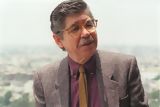
Novelist

Writer and poet

Volleyball player

Italian-Peruvian naturalist and geographer

Singer and percussionist

Last Inca emperor

Politician, former prime Minister

Journalist and TV host
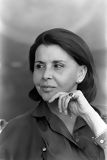
Poet

Inca warrior
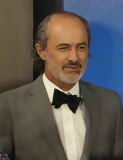
Actor and comedian

Biophysicist

Poet

Doctor and researcher
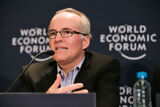
Businessman, Interbank group

Journalist and writer
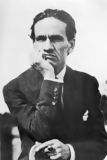
Poet and writer
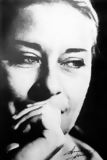
Singer and songwriter
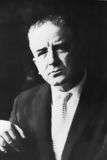
Writer

Film director, Berlin Golden Bear winner

Football player
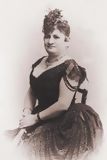
Writer and journalist
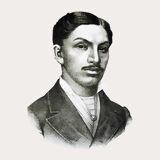
Doctor and scientist

Photograph

Chess player

Industrialist
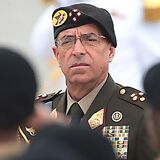
Former general

Specialist in public health

Actress and singer
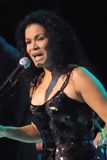
Afro-Peruvian music singer

Mathematician and engineer

Indigenous chronicler

Neurologist and anthropologist

Painter

Football player
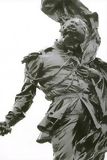
National hero, military leader

Intellectual and reformer

Chef and entrepreneur

Fashion designer

Singer-songwriter

TV presenter

Marathon runner

Indigenous Peruvian chronicler

Theologian

Former national team captain

Economist and former health minister

Inca princess

Writer and television host

Folk musician

Poet and guerrilla
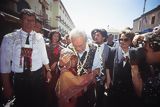
Former UN secretary-general

Chef, known for fusion cuisine

Football player

Peruvian aviation pioneer

Poet and artist
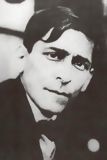
Marxist philosopher and writer

Industrialist and businessman
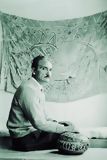
Novelist and ethnologist

Painter and muralist

Opera tenor

Fashion designer

Cardinal of Lima

Peruvian tennis player

Football coach

Leader of the indigenous rebellion
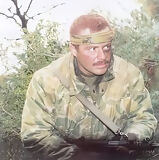
Military hero

Latin singer
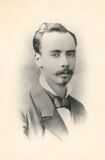
War of the Pacific hero

The youngest mother in history

Politician
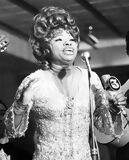
Creole music singer

Tennis player
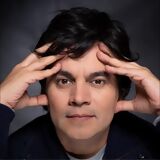
Musician

Writer and politician

Politician and founder of the Christian Democratic Party

Founder of Sodalitium Christianae Vitae

Archaeologist and anthropologist
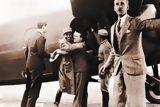
Military leader and politician

Television host
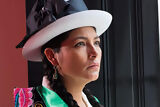
Actress and singer

Contemporary sculptor
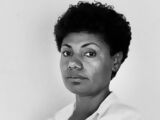
Women’s rights activist

Beauty queen

Astrophysicist

Heroine of independence
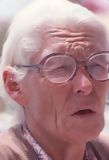
Mathematician and archaeologist

Historian and anthropologist
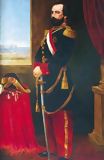
Military figure and historical figure
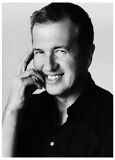
Fashion photographer
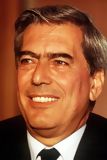
Writer, Nobel Prize in Literature, Politician

Revolutionary leader
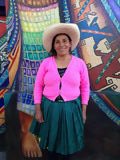
Environmental activist

Leader of the indigenous rebellion

Musician from Gaia band
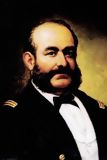
War hero
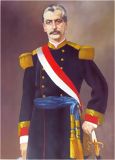
Military leader and politician

Chef, known for Nikkei cuisine

Volleyball coach and former player

Environmental activist

Television personality

Writer
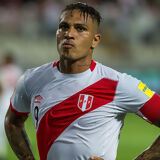
Football player

Epidemiologist and former health Minister

Inventor and aerospace pioneer

Soldier and inventor
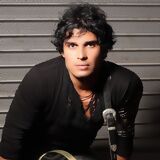
Rock singer

Chef and co-owner of Central restaurant

Painter

Football player

TV presenter and actress
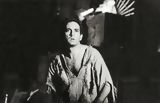
Actor
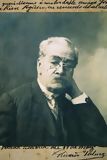
Writer and historian

Journalist and lawyer

Archaeologist, founder of Caral site
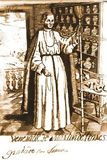
Monk and Saint
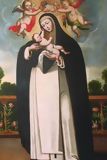
Saint, patron of Latin America

Physicist and engineer

World champion surfer

Actress

Oncologist
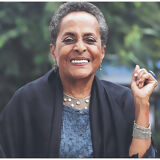
Singer, Latin Grammy winner

Former mayor of Lima

Singer

Actress

Former football player

Painter
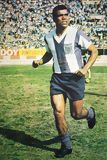
Former football player

Painter

Inca leader

Archbishop, saint
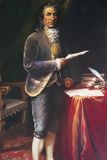
Leader of the indigenous rebellion

Revolutionary indigenous leader

Diplomat and intellectual

Sculptor and painter
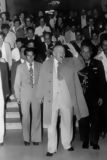
Political leader, founder of APRA

Lawyer and Former prime minister

Chef of Central restaurant
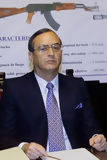
Former head of secret services

Popular singer

Fashion designer

Exotic music singer
Javier Pérez de Cuéllar, born on January 19, 1920, in Lima, Peru, is one of the most iconic figures in 20th-century international diplomacy. He is best known for serving as the fifth Secretary-General of the United Nations, a role he held from 1982 to 1991. A seasoned diplomat, advocate for peace, and human rights defender, he played a crucial role in several major international conflicts and was a key figure in the search for peaceful solutions to global tensions. His career exemplifies his unwavering commitment to international cooperation and the peaceful resolution of conflicts.
Javier Pérez de Cuéllar was born into a modest Peruvian family. Early on, he developed a strong interest in international affairs and law. After earning a law degree from the Catholic University of Lima, he joined Peru's diplomatic service in 1940. His diplomatic acumen and natural charisma quickly led him to hold important positions within Peru's Ministry of Foreign Affairs.
In the early years of his career, Pérez de Cuéllar served in various Peruvian embassies, including those in London, Paris, and Geneva. These international experiences helped him hone his negotiation skills and gain a deeper understanding of global geopolitics. By the early 1970s, he was considered one of Peru’s most promising diplomats.
The turning point in Javier Pérez de Cuéllar’s career came in 1981 when he was appointed Secretary-General of the United Nations, becoming the first South American to hold the position. His term began in January 1982, at a time of heightened geopolitical tension, with the Cold War, conflicts in the Middle East, and humanitarian crises around the world. From the outset, he displayed a calm, measured leadership style, emphasizing negotiation and mediation.
One of the first challenges he faced was the Falklands War between Argentina and the United Kingdom. Although he was unable to prevent the war, Pérez de Cuéllar played a crucial role in facilitating dialogue between the two nations. Despite the conflict, his reputation as a tenacious and impartial diplomat grew, solidifying his image as a staunch advocate of peace.
His tenure was marked by several major international events. In 1988, Pérez de Cuéllar played a key role in brokering a ceasefire between Iran and Iraq, ending an eight-year war that had claimed hundreds of thousands of lives. This achievement earned him international recognition and cemented his reputation as a peacemaker.
He was also instrumental in peace processes in Central America, particularly in Nicaragua, where conflicts between the Sandinistas and the Contras threatened regional stability. Pérez de Cuéllar actively supported the negotiations that led to the 1989 peace agreements, which marked the end of hostilities in the region.
One of the most defining moments of Javier Pérez de Cuéllar’s career was the end of the Cold War. While he was not directly responsible for the fall of the Iron Curtain, he played a crucial role in facilitating negotiations between the United States and the Soviet Union, helping to create a climate conducive to de-escalation. Under his leadership, the UN also oversaw transitional processes in countries like Namibia, which gained independence in 1990 after years of colonial rule.
The success of his first term led to his re-election in 1986 for a second term as Secretary-General of the United Nations. During this period, Pérez de Cuéllar continued to focus on regional conflicts, particularly in Africa and the Middle East, where he sought to promote diplomatic solutions to ongoing crises. He was also a staunch advocate for human rights, striving to strengthen the UN's role in protecting vulnerable populations through peacekeeping initiatives.
After leaving his position at the UN in 1991, Pérez de Cuéllar returned to his home country of Peru, where he was welcomed as a hero. His commitment to peace and his integrity earned him the respect and admiration of many Peruvians. In 1995, he ran for president against Alberto Fujimori, although he did not win the election. Despite this setback, he continued to play an active role in both Peruvian and international politics.
Following his unsuccessful bid for the presidency, Pérez de Cuéllar continued to serve Peru as an ambassador and representative to various international organizations. He also acted as an advisor to several governments and international institutions, sharing his vast expertise in diplomacy and international relations. His commitment to international cooperation and peace never wavered, even after his official retirement from diplomacy.
Javier Pérez de Cuéllar remains a highly respected figure in global diplomacy. His calm approach, ability to navigate complex political landscapes, and unwavering commitment to peace make him one of the most respected Secretaries-General in UN history. His work not only helped resolve several international crises but also laid the foundation for modern diplomacy based on dialogue and multilateral cooperation.
Throughout his career, he received numerous international awards and honors for his efforts in promoting peace and cooperation. His memoirs and speeches are still studied by diplomats and students of international relations, reflecting the lasting impact of his work.
Javier Pérez de Cuéllar represents a model of integrity, dedication, and public service. His journey from humble beginnings in Peru to the international stage as Secretary-General of the United Nations inspires generations of diplomats and world leaders. His legacy as a peacebuilder and champion of human rights continues to resonate worldwide, making him one of the greatest diplomats of our time.